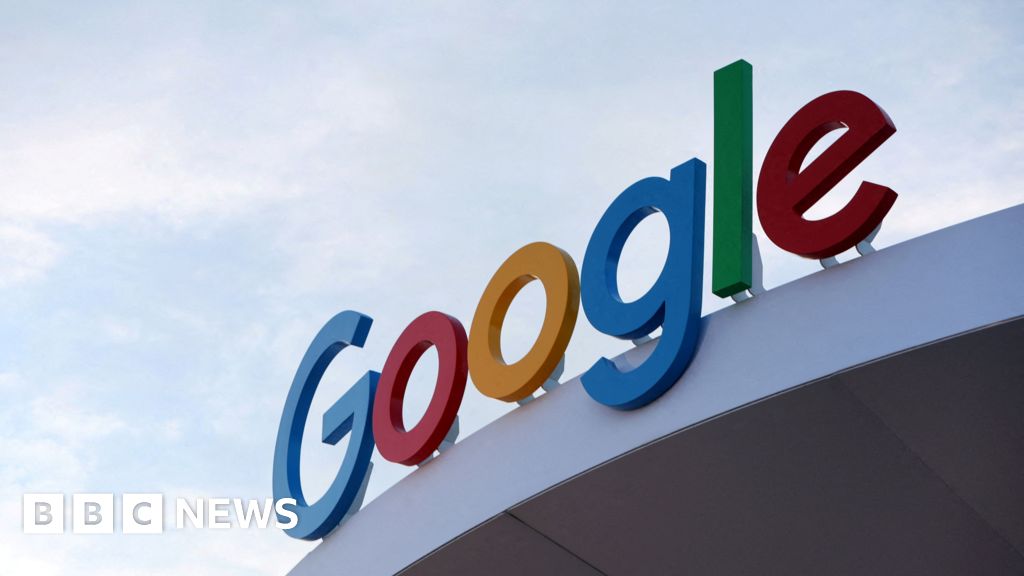Google will not have to sell its Chrome web browser but must share information with competitors, a US federal judge has ordered.
The remedies decided by District Judge Amit Mehta have emerged after a years-long court battle over Google’s dominance in online search.
The case centred around Google’s position as the default search engine on a range of its own products such as Android and Chrome as well as others made by the likes of Apple.
The US Department of Justice had demanded that Google sell Chrome – Tuesday’s decision means the tech giant can keep it but it will be barred from having exclusive contracts and must share search data with rivals.
Google had proposed less drastic solutions, such as limiting its revenue-sharing agreements with firms like Apple to make its search engine the default on their devices and browsers.
The tech giant had denied wrongdoing since charges were first filed against it in 2020, saying its market dominance is because its search engine is a superior product to others and consumer simply prefer it to others.
Last year, Judge Mehta ruled that Google had used unfair methods to establish a monopoly over the online search market, actively working to maintain a level of dominance to the extent it broke US law.
But in his decision, Judge Mehta said a complete sell off of Chrome was “a poor fit for this case”.
Google will also not have to sell off its Android operating system – which powers most of the world’s smartphones.
The company had claimed that off-loading parts of its operations, such as Android, would mean they effectively stop working properly.
Shares in Alphabet, Google’s parent company, jumped by more than 8% after the ruling emerged.
Companies smartphone-makers such as Apple, Samsung and Motorola will also benefit.
Prior to the ruling, Google paid such firms billions of dollars to exclusively pre-load or promote the tech company’s products.
It was revealed at trial that Google paid more than $26bn for such deals with Apple, Mozilla and others in 2021.
Now, Google will not be allowed to enter into any exclusive contracts for Google Search, Chrome, Google Assistant or the Gemini app.
It means phone manufacturers will be free to pre-load or promote other search engines, browsers or AI assistants alongside Google’s.
Gene Munster, managing partner at Deepwater Asset Management, said the ruling was “good news for big tech”.
“Apple also gets a nice win because the ruling forces Google to renegotiate the search deal annually,” he said on X.
Judge Mehta’s ruling “doesn’t seem to be as draconian as the market was expecting,” said Melissa Otto, head of research at S&P Global Visible Alpha.
With Google’s search operation expected to generate close to $200bn this year, and tens of billions of that expected to go to distribution partners it is a win-win for the major corporate players involved in the case, Ms Otto said.
Google is yet to comment but has previously said it plans to file an appeal. That would mean it could take years before the company is required to act on the ruling.
The decision is not the end of the tech giant’s court battles.
Later this month, Google is scheduled to go to trial to determine remedies in a separate case brought by the Justice Department where a judge found the company holds illegal monopolies in online advertising technology.

